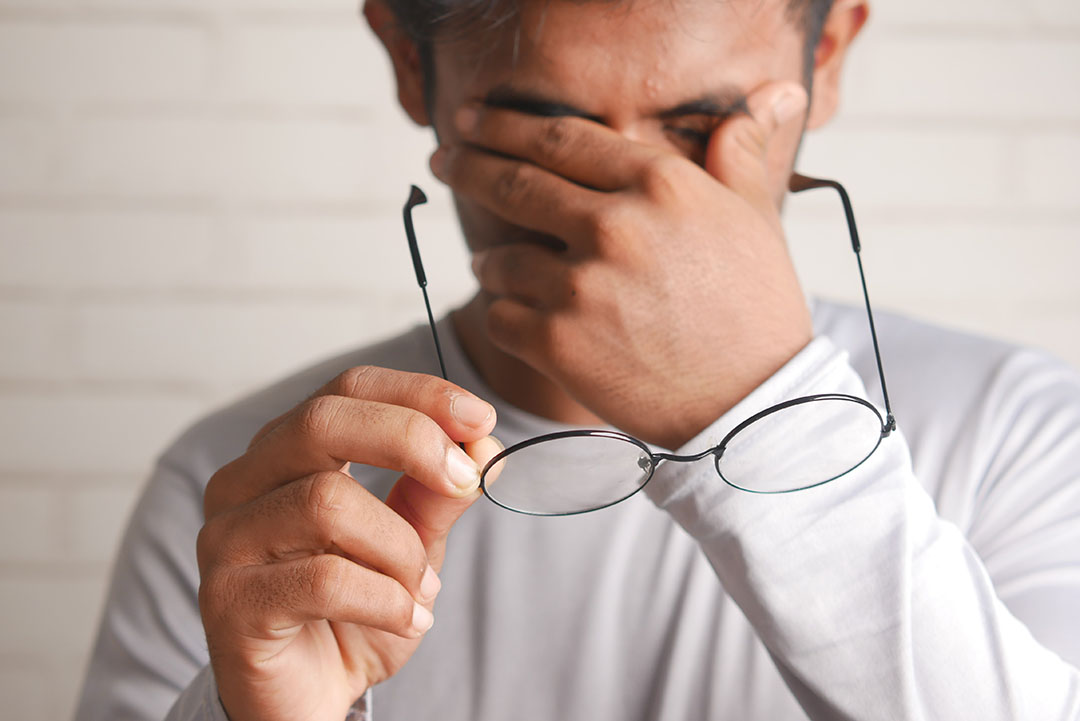All Categories
Featured
Reduced vision is a condition that substantially influences day-to-day activities like reading, driving, or acknowledging faces, despite having restorative lenses. For people dealing with such difficulties, reduced vision recovery provides a path to gain back independence and improve lifestyle. Let's look into the readily available alternatives for reduced vision rehabilitation and just how they aid people navigate the world a lot more confidently.
Comprehending Reduced Vision Recovery
Low vision rehab is a specific service created to maximize the useful abilities of individuals with permanent vision problems. This multidisciplinary strategy entails analyses, training, and devices tailored to every person's unique demands. The goal is to empower people by enhancing their staying vision and training strategies to adjust to their setting.
Key Options in Low Vision Rehabilitation
Comprehensive Eye Assessments
A reduced vision expert carries out in-depth assessments to comprehend the extent of vision loss and determine appropriate treatments. These evaluations focus on determining the individual's visual skill, field of vision, and light level of sensitivity.
Assistive Devices and Modern Technology
A large range of innovations and devices are available to assist individuals with low vision:
Magnifiers: Handheld, stand-mounted, or electronic magnifiers assist increase the size of text or pictures.
Telescopic Lenses: Useful for distance watching, such as enjoying TV or reading road indications.
Display Readers: Software that reviews aloud the message on a display, aiding those who fight with analysis.
CCTV Equipments: Closed-circuit televisions amplify published product or things for much easier viewing.
![]()
Smartphone Applications: Apps like Be My Eyes or Seeing AI offer real-time support and descriptions of surroundings.
Educating Programs
Vision rehabilitation consists of training to enhance the usage of staying vision and adjust to brand-new devices:
Alignment and Flexibility Training: Helps people browse unknown areas and use walking canes or guide dogs properly.
Daily Living Abilities: Teaches strategies for food preparation, grooming, and various other day-to-day tasks with restricted vision.
Visual Abilities Educating: Entails workouts to strengthen peripheral vision or boost focus.
Ecological Alterations
Adjusting the home or office can substantially boost self-reliance:
Setting up brighter illumination and contrasting shades.
Adding tactile markers to home appliances.
Arranging furniture to produce clear paths and decrease barriers.
Therapy and Psychological Support
Vision loss can be psychologically difficult. Support system and therapy services help people cope with the emotional influence and construct strength.
That Provides Reduced Vision Rehabilitation?
Low vision rehabilitation solutions are provided by:
Low Vision Specialists: Eye doctors or eye doctors with extra training.
Physical Therapists: Professionals that concentrate on enhancing day-to-day functioning.
Recovery Therapist: Professionals that help with emotional and emotional assistance.
![]()
Conclusion
Low vision rehab is a lifeline for those living with substantial vision loss. If you or a liked one is experiencing vision obstacles, take into consideration getting to out to a reduced vision expert to explore these transformative rehab services.
Comprehending Reduced Vision Recovery
Low vision rehab is a specific service created to maximize the useful abilities of individuals with permanent vision problems. This multidisciplinary strategy entails analyses, training, and devices tailored to every person's unique demands. The goal is to empower people by enhancing their staying vision and training strategies to adjust to their setting.
Key Options in Low Vision Rehabilitation
Comprehensive Eye Assessments
A reduced vision expert carries out in-depth assessments to comprehend the extent of vision loss and determine appropriate treatments. These evaluations focus on determining the individual's visual skill, field of vision, and light level of sensitivity.
Assistive Devices and Modern Technology
A large range of innovations and devices are available to assist individuals with low vision:
Magnifiers: Handheld, stand-mounted, or electronic magnifiers assist increase the size of text or pictures.
Telescopic Lenses: Useful for distance watching, such as enjoying TV or reading road indications.
Display Readers: Software that reviews aloud the message on a display, aiding those who fight with analysis.
CCTV Equipments: Closed-circuit televisions amplify published product or things for much easier viewing.

Smartphone Applications: Apps like Be My Eyes or Seeing AI offer real-time support and descriptions of surroundings.
Educating Programs
Vision rehabilitation consists of training to enhance the usage of staying vision and adjust to brand-new devices:
Alignment and Flexibility Training: Helps people browse unknown areas and use walking canes or guide dogs properly.
Daily Living Abilities: Teaches strategies for food preparation, grooming, and various other day-to-day tasks with restricted vision.
Visual Abilities Educating: Entails workouts to strengthen peripheral vision or boost focus.
Ecological Alterations
Adjusting the home or office can substantially boost self-reliance:
Setting up brighter illumination and contrasting shades.
Adding tactile markers to home appliances.
Arranging furniture to produce clear paths and decrease barriers.
Therapy and Psychological Support
Vision loss can be psychologically difficult. Support system and therapy services help people cope with the emotional influence and construct strength.
That Provides Reduced Vision Rehabilitation?
Low vision rehabilitation solutions are provided by:
Low Vision Specialists: Eye doctors or eye doctors with extra training.
Physical Therapists: Professionals that concentrate on enhancing day-to-day functioning.
Recovery Therapist: Professionals that help with emotional and emotional assistance.

Conclusion
Low vision rehab is a lifeline for those living with substantial vision loss. If you or a liked one is experiencing vision obstacles, take into consideration getting to out to a reduced vision expert to explore these transformative rehab services.
Latest Posts
Secure Your Financial Investment with Specialist Gutter Installment
Published May 26, 25
1 min read
Learn How to Reduce Expenses on Car Maintenance with Montclare Auto Repair’s Limited-Time Deals
Published May 23, 25
1 min read
Identifying When Your Car Needs Skilled Vehicle Service at Montclare Auto Repair
Published May 23, 25
1 min read
More
Latest Posts
Secure Your Financial Investment with Specialist Gutter Installment
Published May 26, 25
1 min read
Learn How to Reduce Expenses on Car Maintenance with Montclare Auto Repair’s Limited-Time Deals
Published May 23, 25
1 min read
Identifying When Your Car Needs Skilled Vehicle Service at Montclare Auto Repair
Published May 23, 25
1 min read